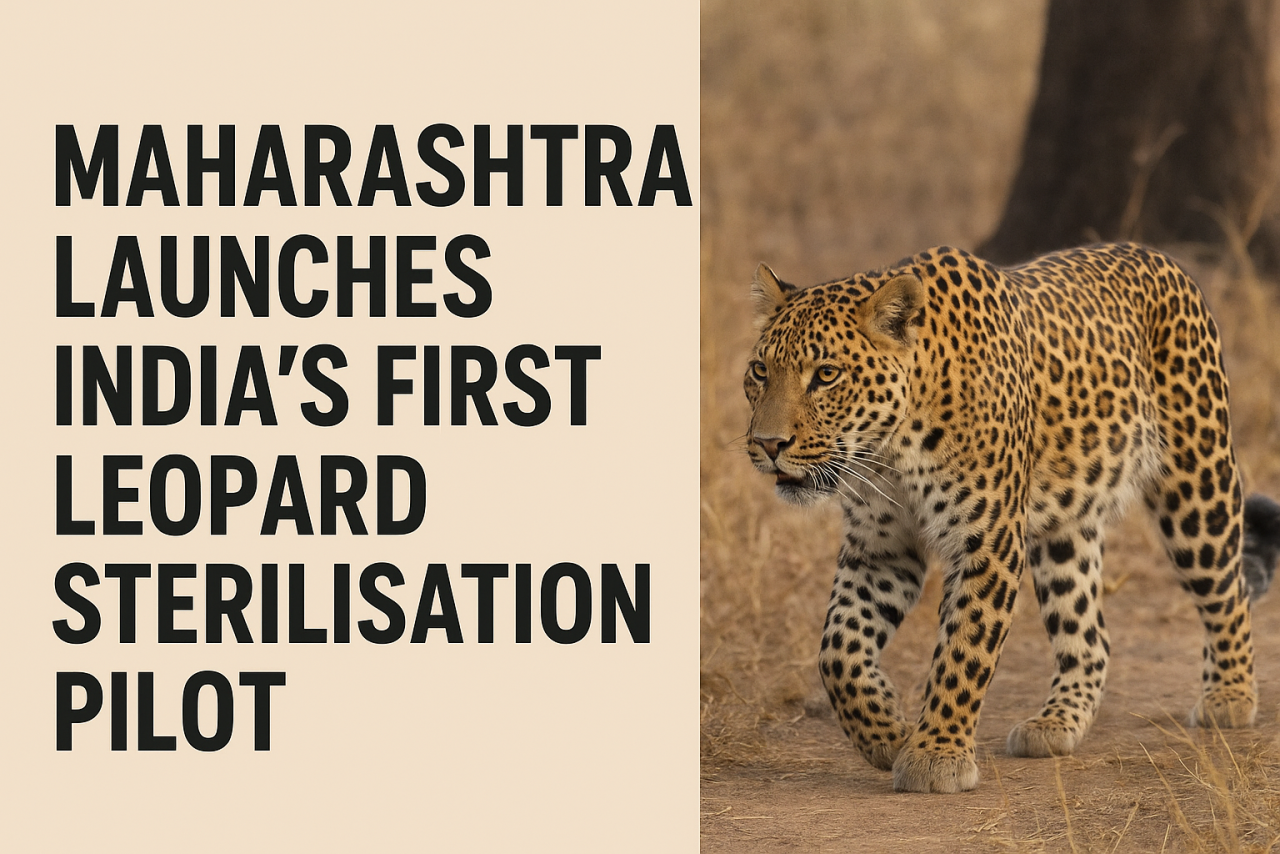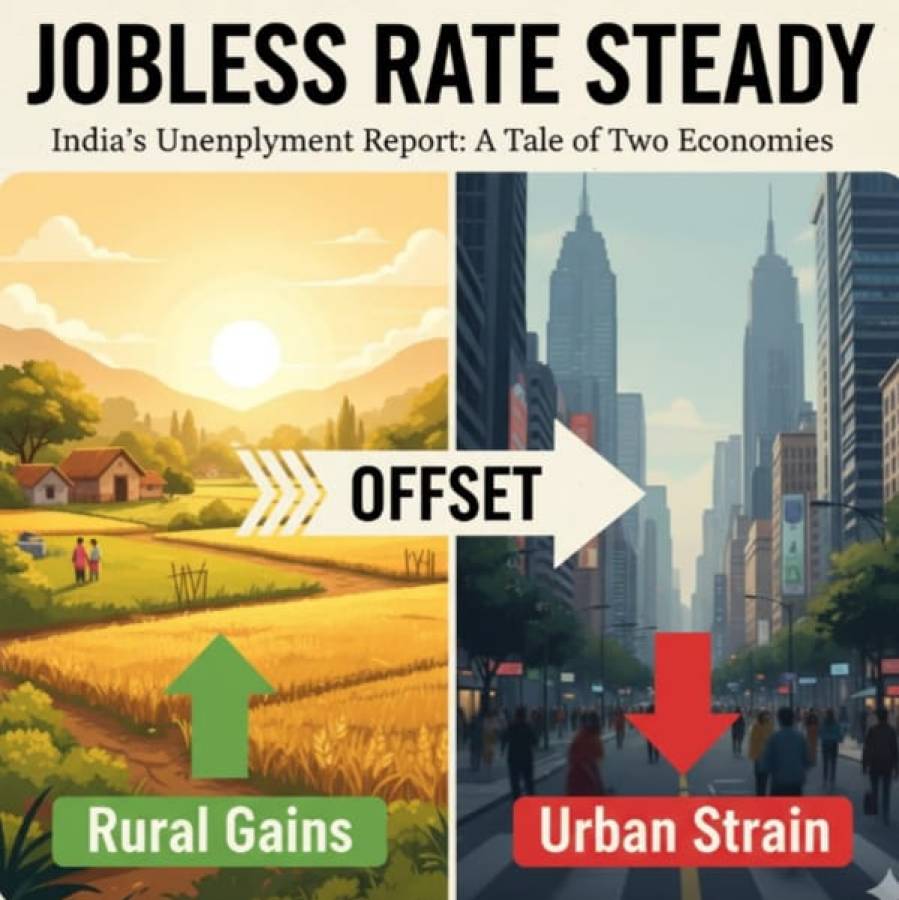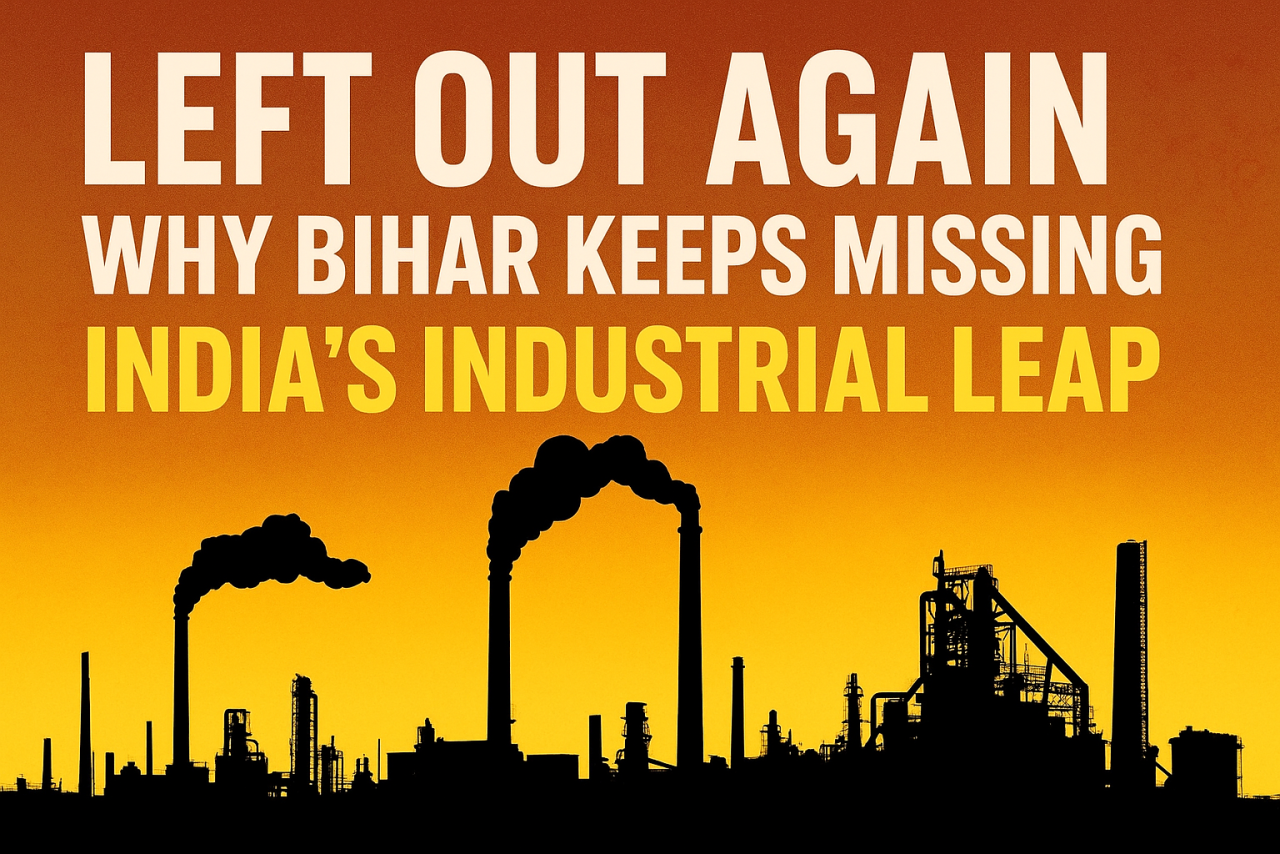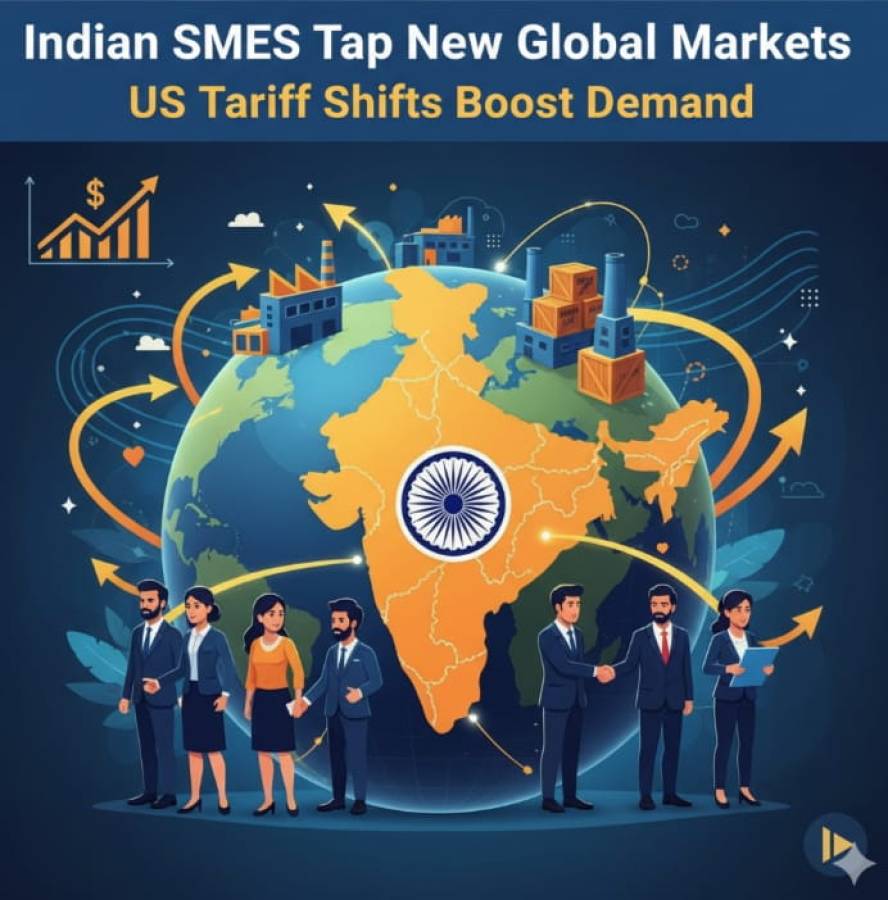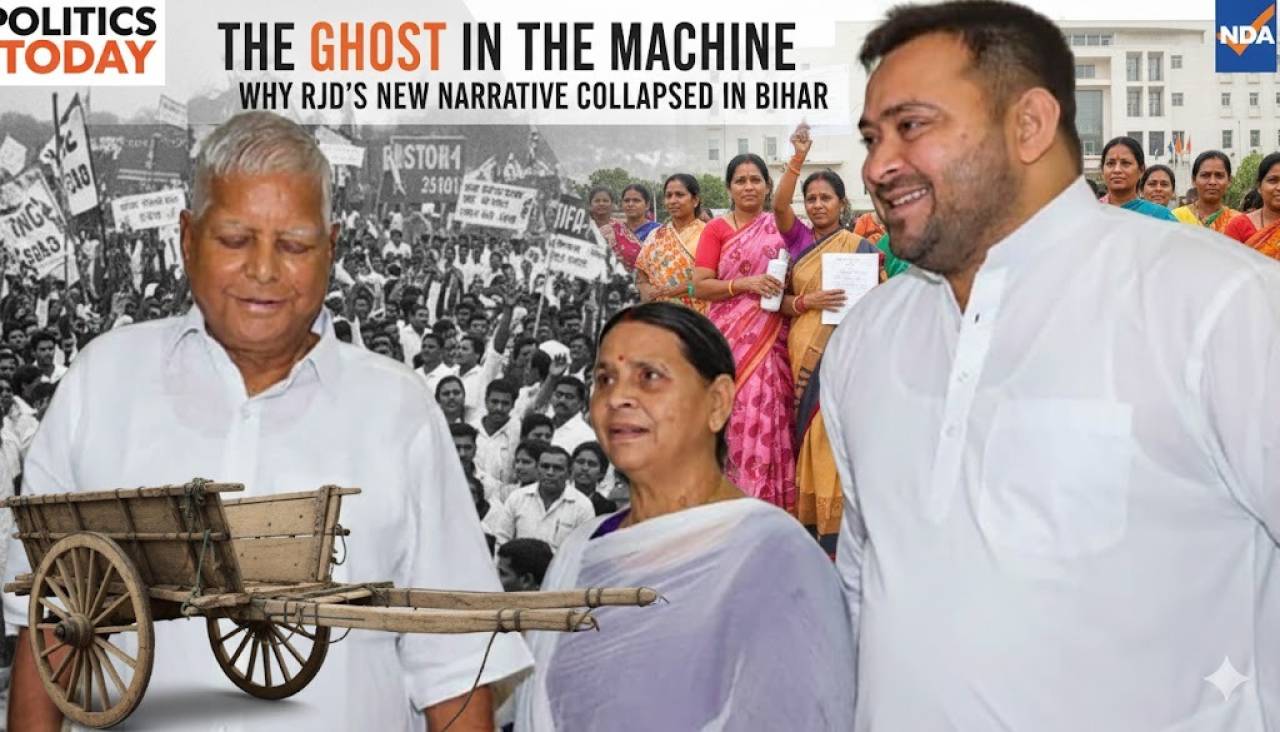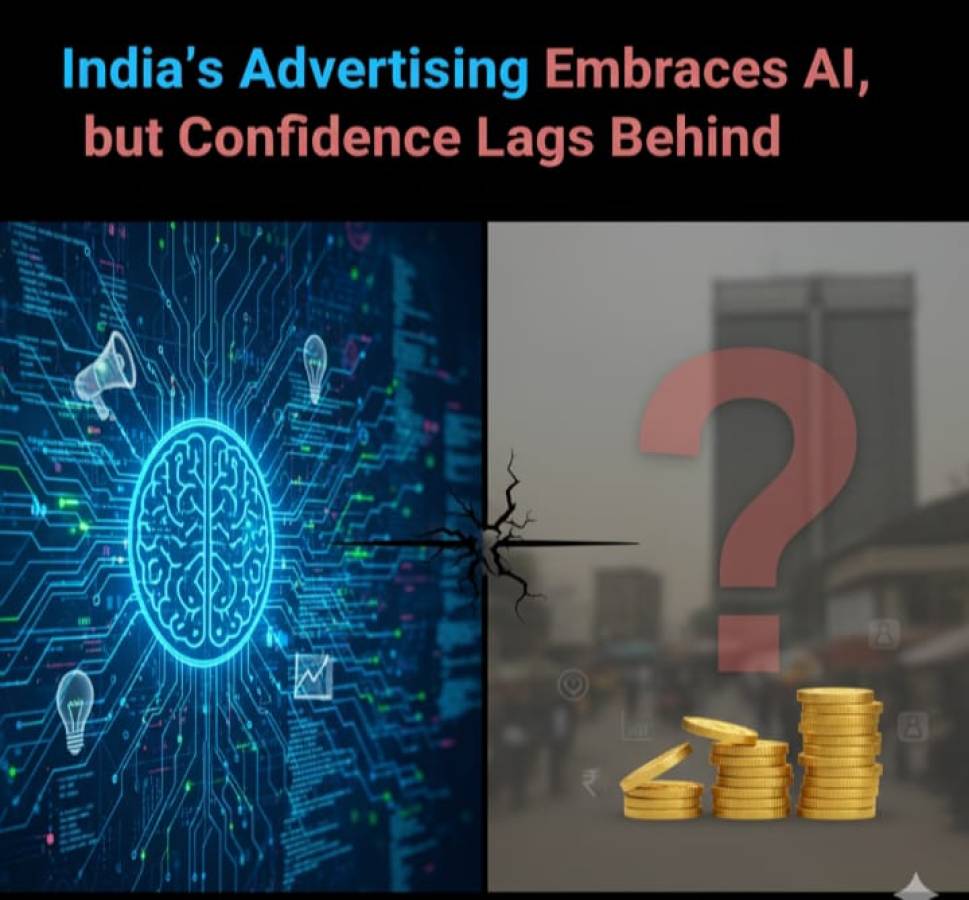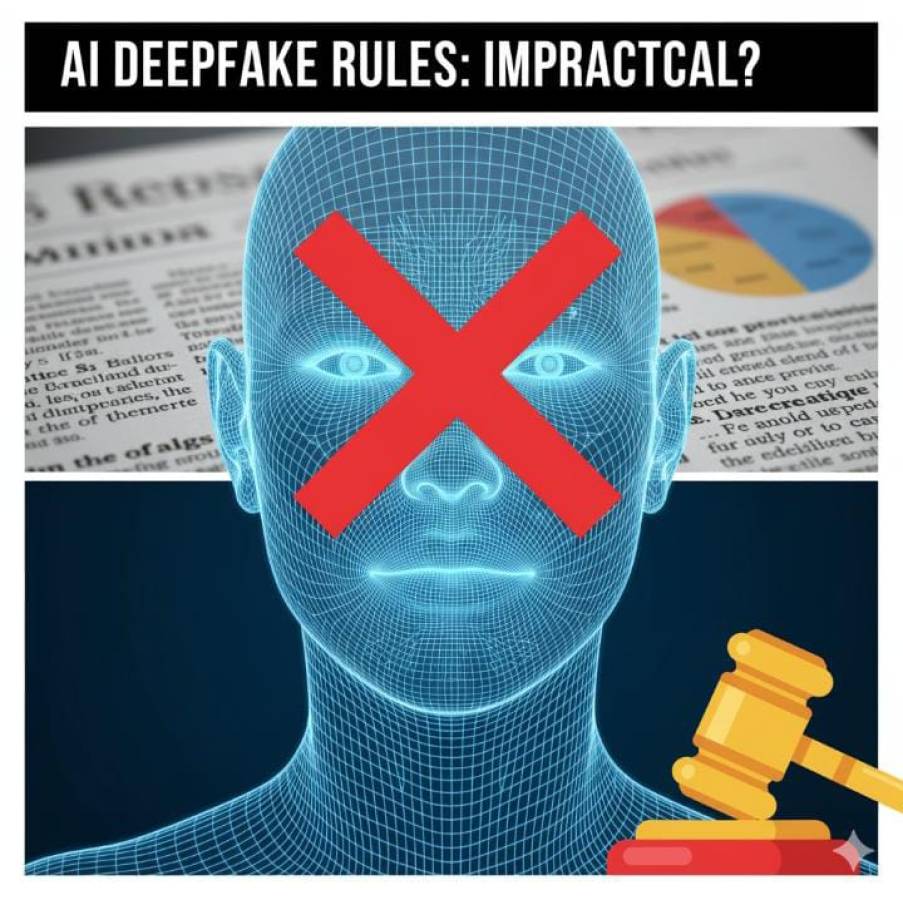
Lack of trust in AI-driven decision-making is the single biggest barrier to enterprise adoption, according to new data shared by Biz Staffing Comrade at its recent HR Conclave. Around 59.1 percent of HR leaders believe that lack of trust in AI-driven decision-making is the single biggest barrier to its adoption.
While AI investment is accelerating, the findings reveal that organisations are grappling more with communication, clarity, and change management than with the technology itself.
Among those surveyed, 27.3 percent pointed to insufficient communication and change management, indicating that many organisations are struggling to articulate the purpose, impact and expected outcome of AI adoption. 9.1 percent stated leadership hesitation or lack of clarity, reflecting uncertainty at the top level around how to steer AI initiatives. Only 4.5 percent cited fear of job loss — challenging the popular belief that resistance to AI is driven by job insecurity.
Trust, not technology, emerges as the real obstacle
The roundtable titled “The Human Enterprise in an AI World” — moderated by Achyuta Ghosh, Executive Research Leader at HFS Research — brought together over 30 senior HR and Talent Acquisition leaders from leading Indian product and technology companies.
The survey findings reveal:
- 59.1% cite lack of trust in AI-driven decisions as the biggest adoption barrier
- 27.3% point to insufficient communication and change management
- 9.1% mention leadership hesitation or lack of clarity
- Only 4.5% report fear of job loss, countering the common belief that employees resist AI due to job insecurity
These insights reflect a growing pattern seen in global studies — AI capability is progressing, but confidence in governance and explainability lags behind.
AI ambition is high, but readiness remains low
Despite optimism, only 8% of HR leaders said their organisations are fully prepared and scaling human–AI collaboration.
- 40% are partially prepared and experimenting
- 44% are still at the pilot stage
- 8% have not started
This places India close to the global readiness average.
“India’s AI opportunity is massive, but it needs speed, structure, and leadership clarity to translate ambition into real adoption,” said Jasvinder Bedi, Managing Partner at Biz Staffing Comrade.
Shift from hiring to building capability
The roundtable also highlighted a key shift in talent strategy:
- 38% of HR leaders prioritise upskilling existing employees on AI
- 25% are hiring AI or data specialists
- 21% are restructuring roles to deepen human–machine collaboration
- 16% say it’s still too early to determine how AI will impact talent needs
“Upskilling is no longer just an HR initiative — it’s a core business priority,” said Puneet Arora, Managing Partner at Biz Staffing Comrade.
Legacy inefficiencies slowing down transformation
Leaders also pointed out that enterprise debt — including outdated systems, siloed workflows, and manual processes — continues to obstruct automation. In several firms, AI adoption is exposing structural weaknesses instead of solving them.
Human purpose, not machine efficiency, will define the next decade
Participants agreed that the future of work lies in combining trust, transparency, and human adaptability with AI capability. As one key insight noted: “AI may redefine work, but humans will continue to define its purpose.”
Written by- Jagriti Kumari
Emai - jagritijune@gmail.com


